
Browse all content tagged with this keyword.
Showing 36 results
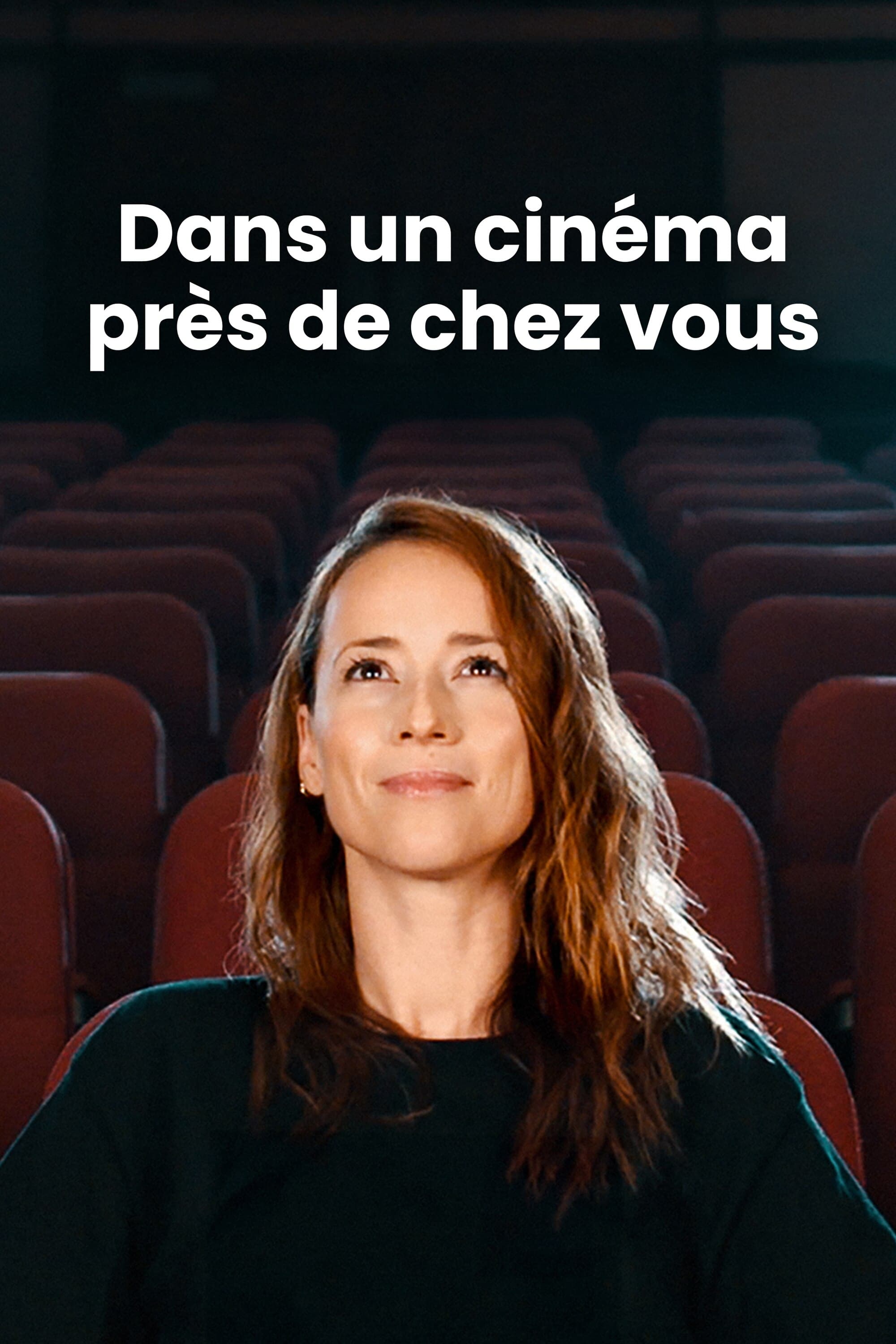
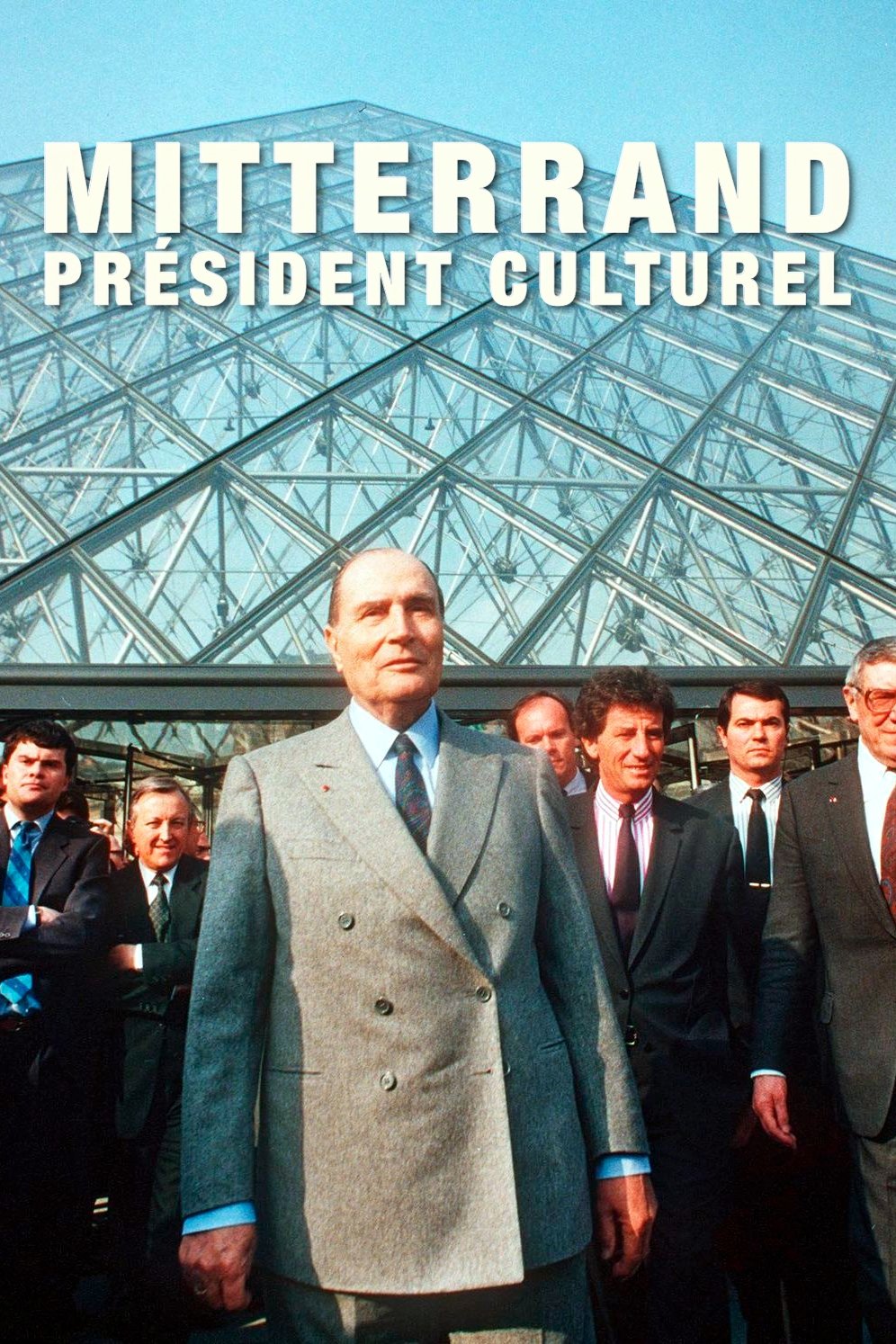
On the occasion of the fourty years anniversary of François...
Lizzie Lovejoy’s mini-documentary explores the world of non-traditional performance spaces,...
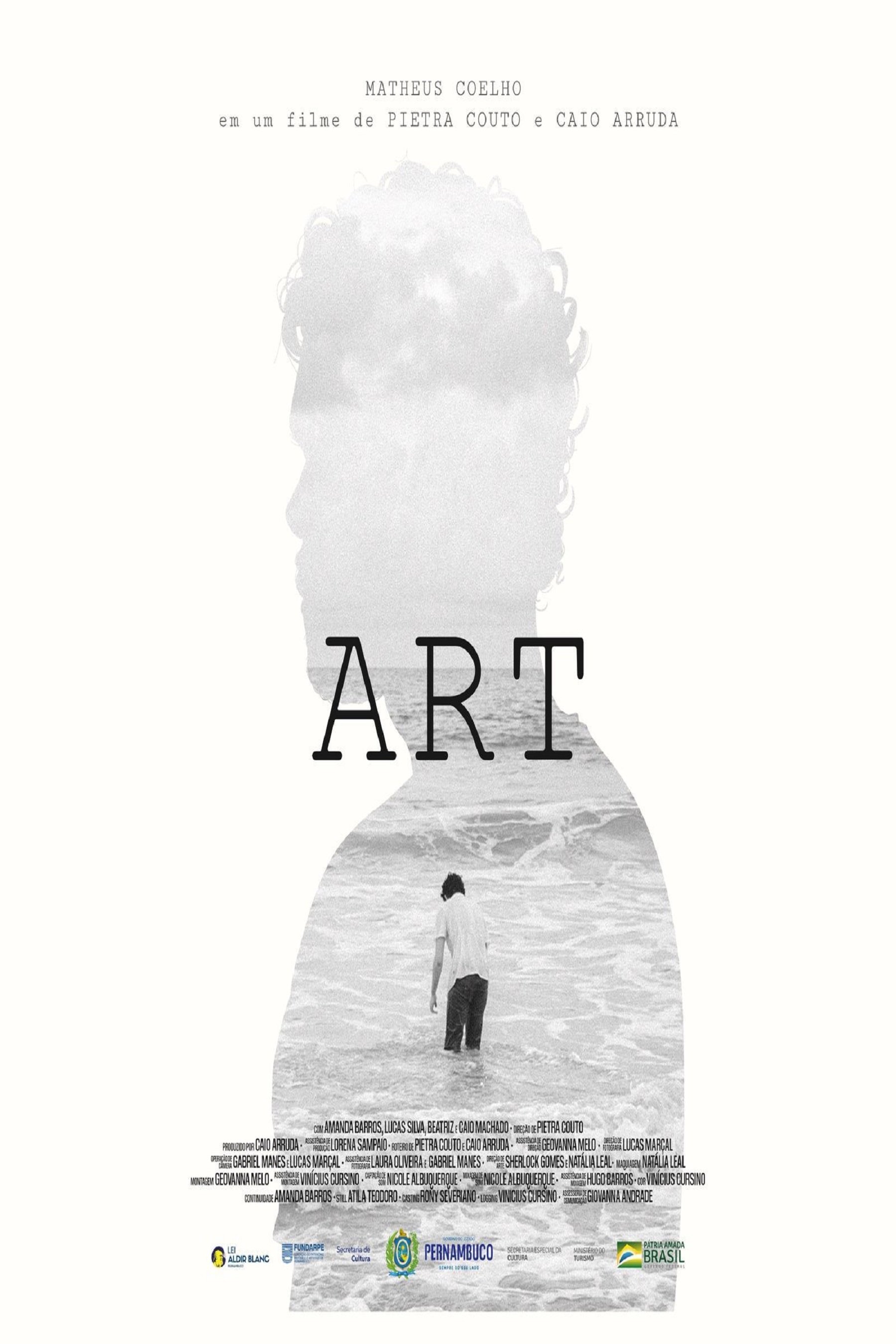

Cultural historian Janina Ramirez presents a collection of intriguing and...

This monthly half-hour series is the work of Akron producer...
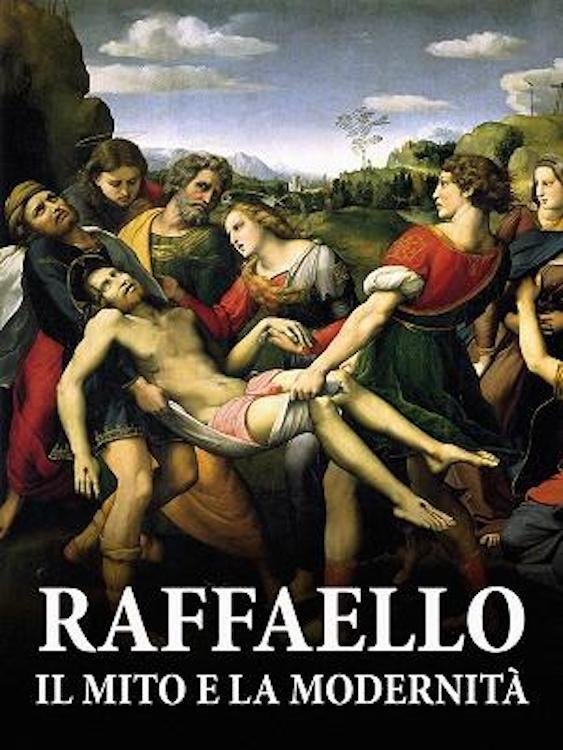
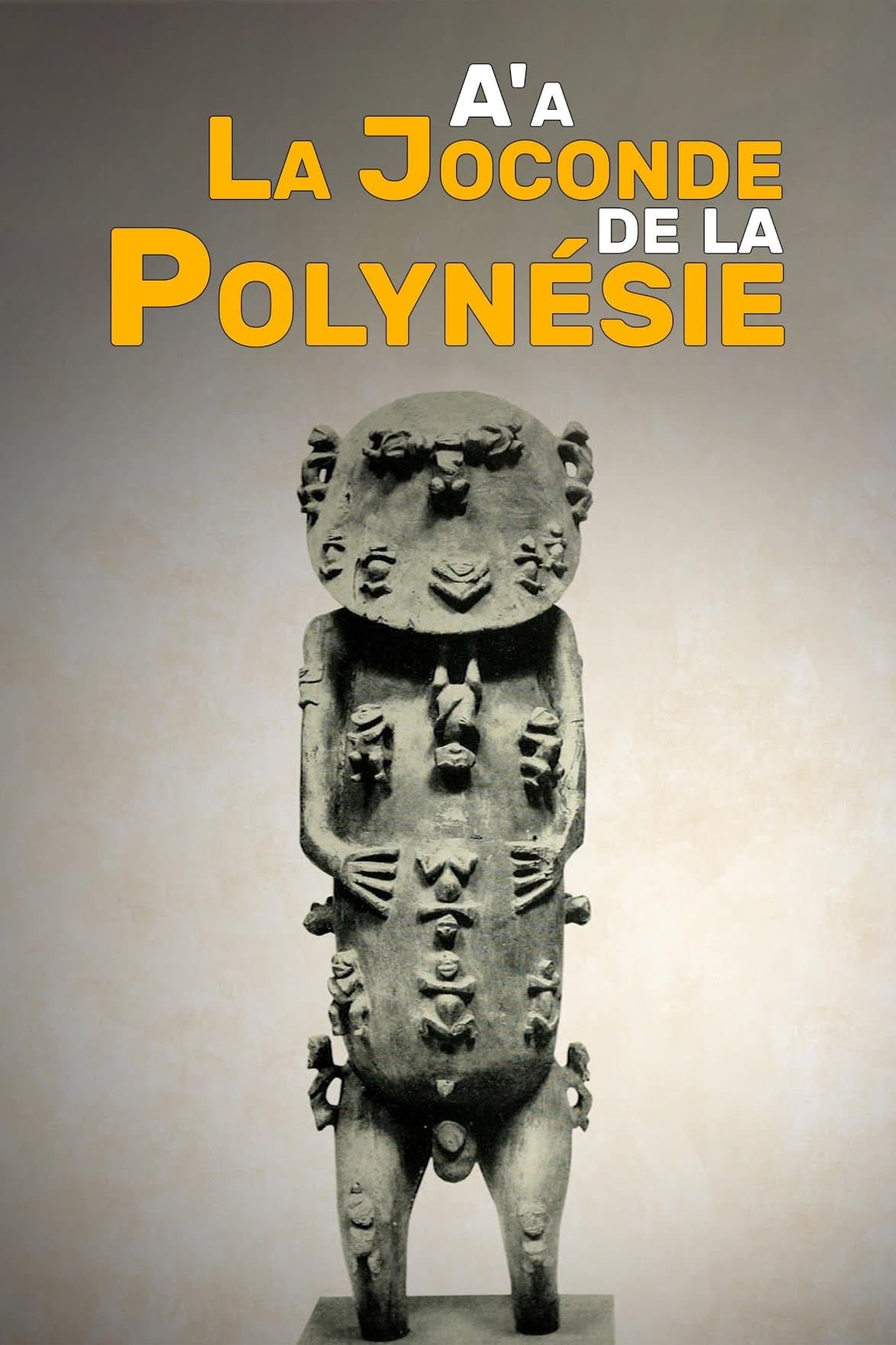
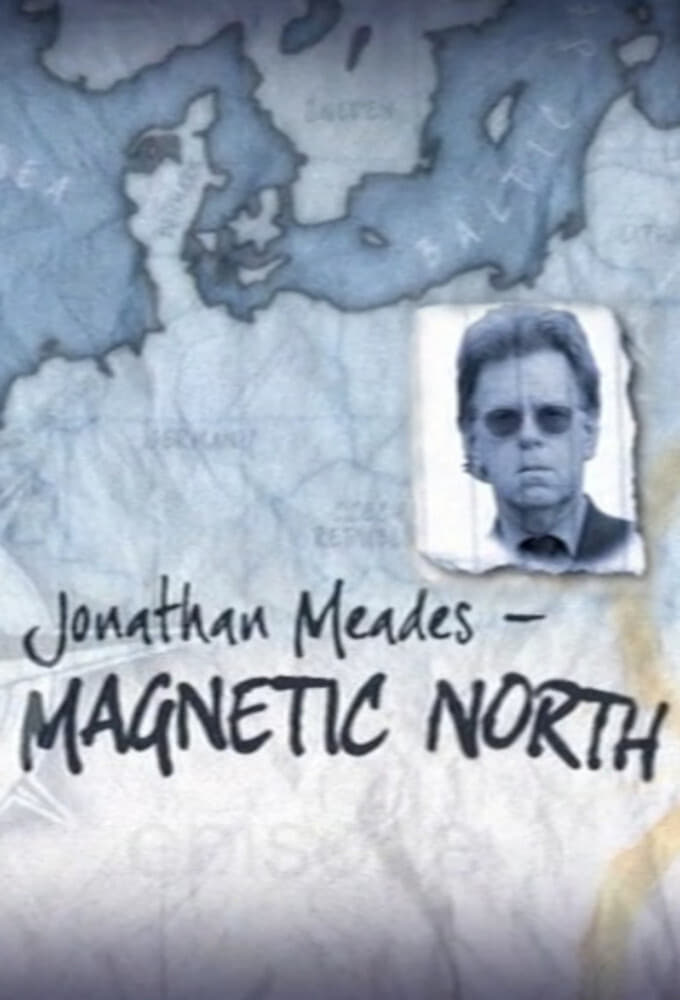
Jonathan Meades travels from the flatlands of Flanders to Germany's...
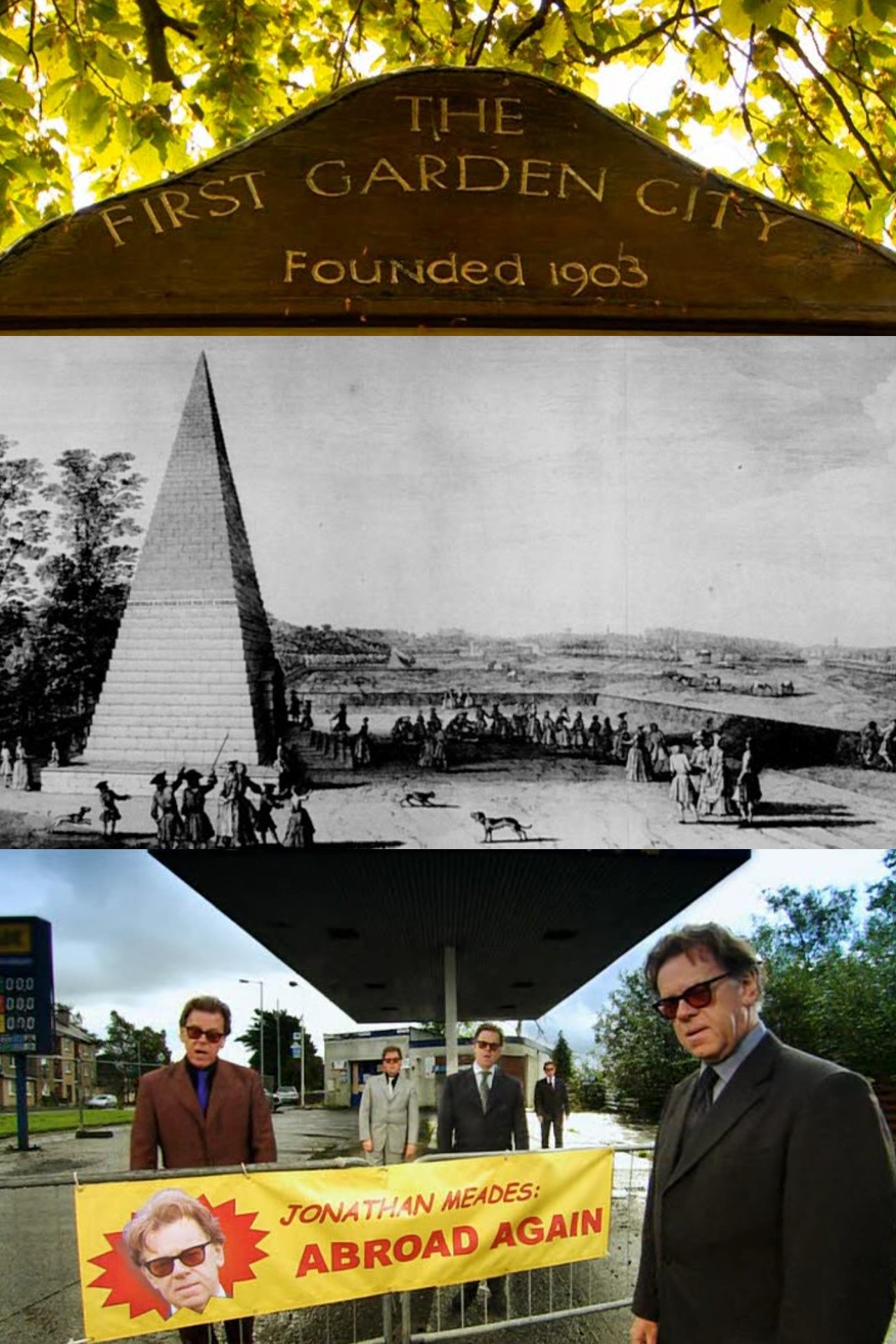
Jonathan Meades Explores architecture and the British psyche once again...